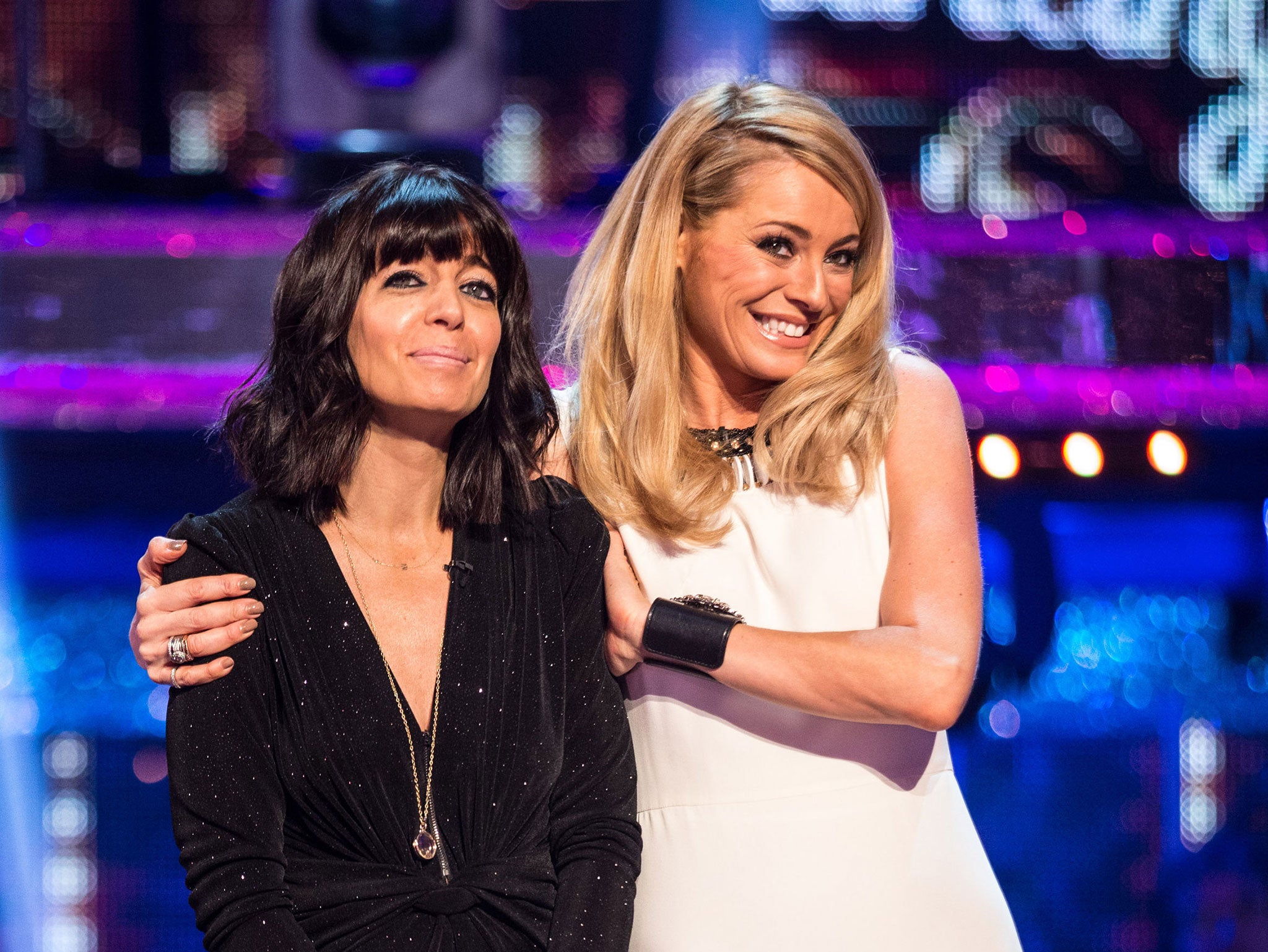BBC salaries report reveals broadcaster could face sex discrimination suits, lawyers warn
Seven individuals are paid more than half a million pounds a year, all of which are male, and several female stars earn significantly less than their male co-presenters on the same show

The BBC may be in breach of equal pay laws, potentially exposing it to costly sex discrimination suits, solicitors are warning.
The broadcaster’s report published on Wednesday revealed that its top earner, radio presenter Chris Evans, is paid between £2.2m and £2.25m, which is more than four times the corporation’s highest earning woman Claudia Winkleman.
Seven individuals are paid more than half a million pounds a year, all of which are male, and several female stars earn significantly less than their male co-presenters on the same show.
Suzanne Horne, head of the international employment practice at Paul Hastings, said the BBC may be in breach of equal pay laws if it is unable to show that men and women are being paid equally for doing the same or comparable jobs.
“Typically, an employer will show this by establishing factors that legitimately differentiate pay such as levels of responsibility, nature of work, experience and geographical location,” she said, adding however that “this will be a tough sell when the presenters are in the same studio”.
Ruth Gamble, a partner at London-based BDBF, a specialist employment law firm, agreed that to defeat any claims around sex discrimination “the BBC would have to demonstrate that there is an explanation for the difference, which has nothing to do with gender”.
“But if the disparities are as striking as many expect them to be, it will not be an easy argument," she said.
Ms Horne said that in the BBC’s case the issues are being “amplified by public indignation arising from the fact that these salaries are paid by the license fee”.
As of April, companies employing more than 250 people in the UK have 12 months to meet a deadline to publish their gender pay gap figures, but critics are fearful that the reporting won’t be detailed enough to facilitate real change.
Mark Learmonth, professor of organisation studies at Durham University Business School, said on Wednesday that the case of the BBC demonstrates “a phenomenon that social scientists have been going on about for years”, namely “how men are over-valued and women undervalued even when they do exactly the same thing”.
According to the Fawcett Society, one of the UK’s largest charities promoting women’s rights, women in Britain earn significantly less than men over their entire careers as a result of differences in caring responsibilities, clustering in low-skilled and low-paid work, the qualifications and skills women acquire, and outright discrimination.
BBC Wages
Show all 11The society says that the current overall gender gap for full-time workers is close to 14 per cent and that women are frequently still being paid less than men in the equivalent role, despite that being illegal.
According to the organisations statistics, 54,000 women are forced to leave their job early every year as a result of poor treatment after they have a child. And a total of 80 per cent of people in the low paid care and leisure sector are females.
Acknowledging the gender imbalance in the current pay structure, the BBC’s Director-General Tony Hall on Wednesday reiterated the organisation’s target for all lead and presenting roles to be equally divided between men and women by 2020.
“Meeting our goal on this is going to have a profound impact not just on the BBC, but the whole media industry. It’s going to change the market for talent in this country,” he said.
Subscribe to Independent Premium to bookmark this article
Want to bookmark your favourite articles and stories to read or reference later? Start your Independent Premium subscription today.

Join our commenting forum
Join thought-provoking conversations, follow other Independent readers and see their replies